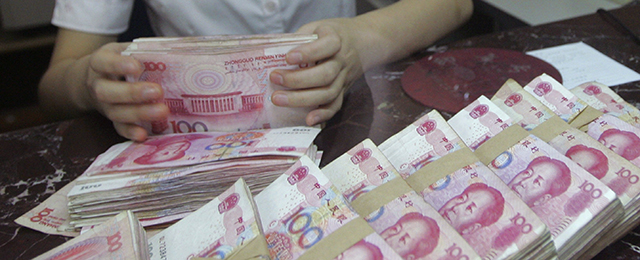Immediately after the summer, China’s central bank injected 500 billion yuan ($81 billion) of liquidity into the country’s top five banks via a standard lending facility in the form of 3-month loans; a sign that was quickly interpreted as Communist Party concern over economic growth. Indeed, the world’s second largest economy had a bad start to the year.
However, it could prove to be an isolated action which may not drastically alter the overall picture.
“I think we need to look at the overall rebalancing process and not get too caught up in individual moves. Beijing broadly knows what it must do and it knows that there is likely to be tremendous opposition from vested interests. So the reform process will follow a political schedule not and economic one,” Beijing-based economic theorist and financial strategist Michael Pettis explains.
“It will be a balancing act, in which advances in some sectors will be partially offset by retreats in others to minimize disruption especially to the extent it affects unemployment. this will be important in keeping the political balance in the president’s favor. This is why I don’t think we should become too alarmed by actions that seem contrary to the reform process.”
As for the rumours about the government eventually replacing its central bank’s governor Zhou Xiaochuan, following disagreements with President Xi Jinping over financial and monetary policies -Mr Zhou had bet on more market reforms, including a liberalization of interest rates- Professor Pettis believes it wouldn’t mean big changes in financial policy.
“Zhou had already passed the official retirement age before Xi Jinping came into power, and only remained in office through some bureaucratic manoeuverings by the president. I think his remaining in office was a very good sign because it indicated strong approval for his reformist policies, especially because they had to bend the rules to keep him there Because of his age, there never was any chance that he would remain in office long. At any rate PBOC policy is going to be whatever Xi wants, and not what the PBCO governor wants,” he argues.






Be the first to comment on "China under the markets’ spotlight: What is really going on?"